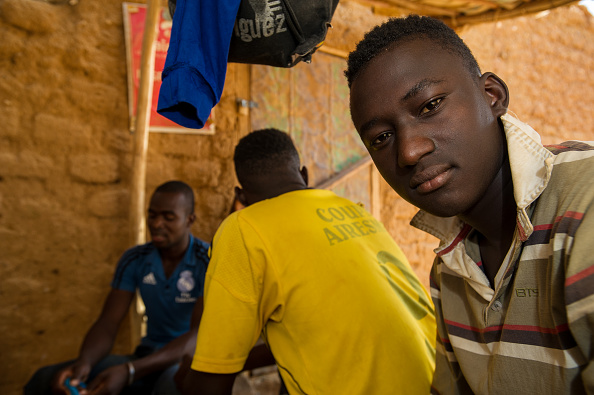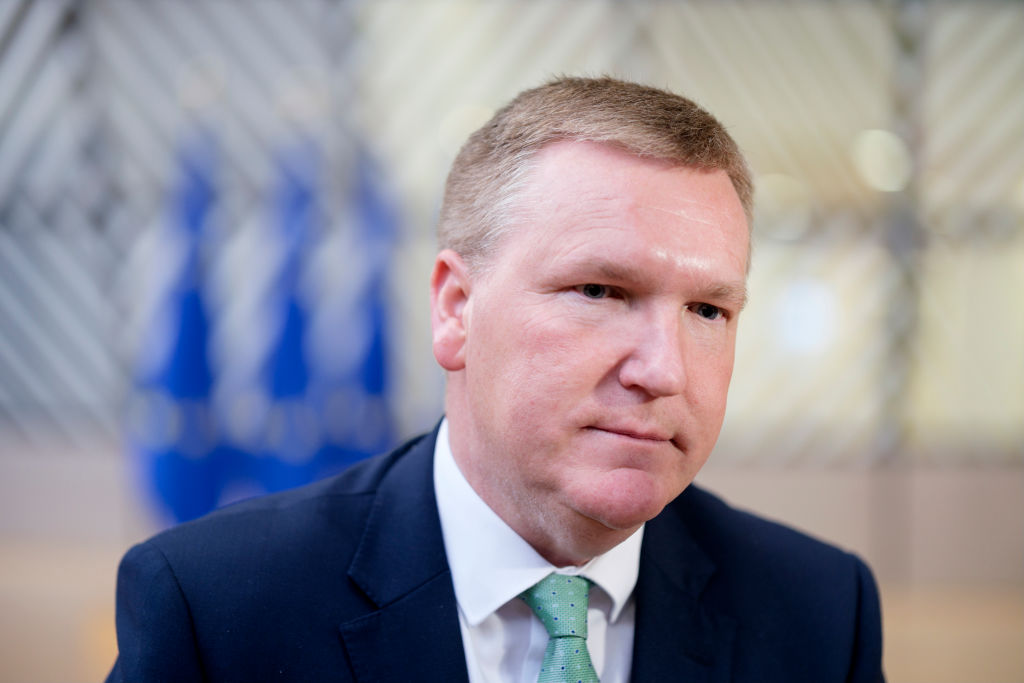“Return hubs” set up by EU countries to hold failed asylum seekers outside EU borders would face “serious fundamental rights risks”, making it difficult for governments and the EU to establish them legally, the European Union Agency for Fundamental Rights (FRA) said in a February 6 position paper.
The intervention came as the European Commission prepared to make a legal proposal before mid-March on establishing “return hubs” outside EU borders.
Migration commissioner Magnus Brunner discussed legislation on “innovative ways” to return rejected asylum seekers in an informal council meeting of EU home affairs ministers in Warsaw on January 30.
Brunner argued for a commission proposal on the “possibility of developing return hubs” and “stronger rules on detention” before the March council meeting of heads of member governments.
However, the commission would face a difficult task in making the proposal legal under the EU Charter of Fundamental rights, the agency argued.
Return hubs “would only comply with EU law if they include robust and effective fundamental rights safeguards,” said the agency in its position paper.
EU countries and the EU border agency Frontex would still remain “accountable for rights violations at the hubs and during any transfers”, it added.
And planned return hubs would need to feature “legally binding agreements” including “clear and robust safeguards”, with “independent rights monitoring systems”, the agency said.
The number of preconditions for setting up return hubs made it “quite unlikely that this could be done lawfully”, said Catherine Woollard, secretary general of the European Council on Refugees and Exiles, a Brussels-based alliance of 102 NGOs.
However, the legal difficulty “does not mean that the EU should not try, as the status quo undermines public confidence (or what is left about it) for asylum procedures,” said Vincent Cochetel, a former French official at the United Nations High Commissioner for Refugees.
Italy’s PM Giorgia Meloni has attempted to set up an Italian-run centre in Albania to process asylum claims, though an immigration court in Rome said migrants still retained the rights to have their asylum claims processed in Italy.
Even if return hubs proved popular both among the public and EU member states, there was “no evidence to suggest these schemes would be effective in either increasing returns or impacting people’s decision-making not to migrate”, cautioned Eve Geddie from Amnesty International.
Among the countries welcoming Brunner’s proposal for return hub legislation at the informal council meeting were Austria, Bulgaria, Czech Republic, Denmark, Germany, Greece, Italy, Latvia, and Malta.
Yet a qualified majority, such as is normally needed for EU decisions on migration, would need six more countries to endorse the proposal, and for the 15 countries to represent 65 per cent of the EU population.
Among the more sceptical countries were Ireland and Belgium, which cautioned they would need to see that the return hub proposals were “realistic and workable and respect fundamental rights”. Portugal and Spain expressed “doubts” about both whether they would work legally.
EU officials may attempt to woo wavering governments by writing the law as a directive rather than a regulation, which offers more flexibility to member states in how they apply the law.





